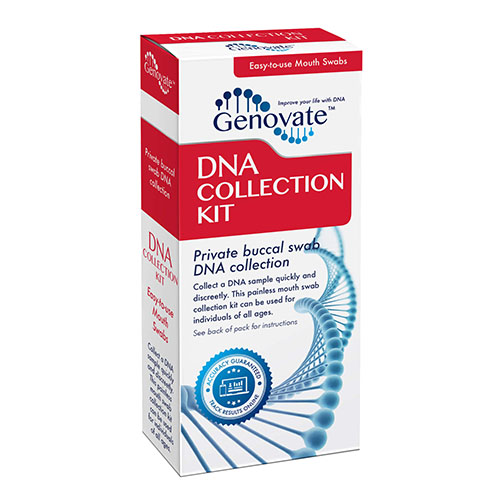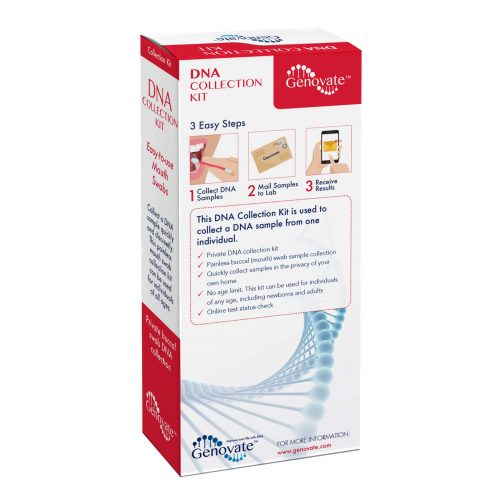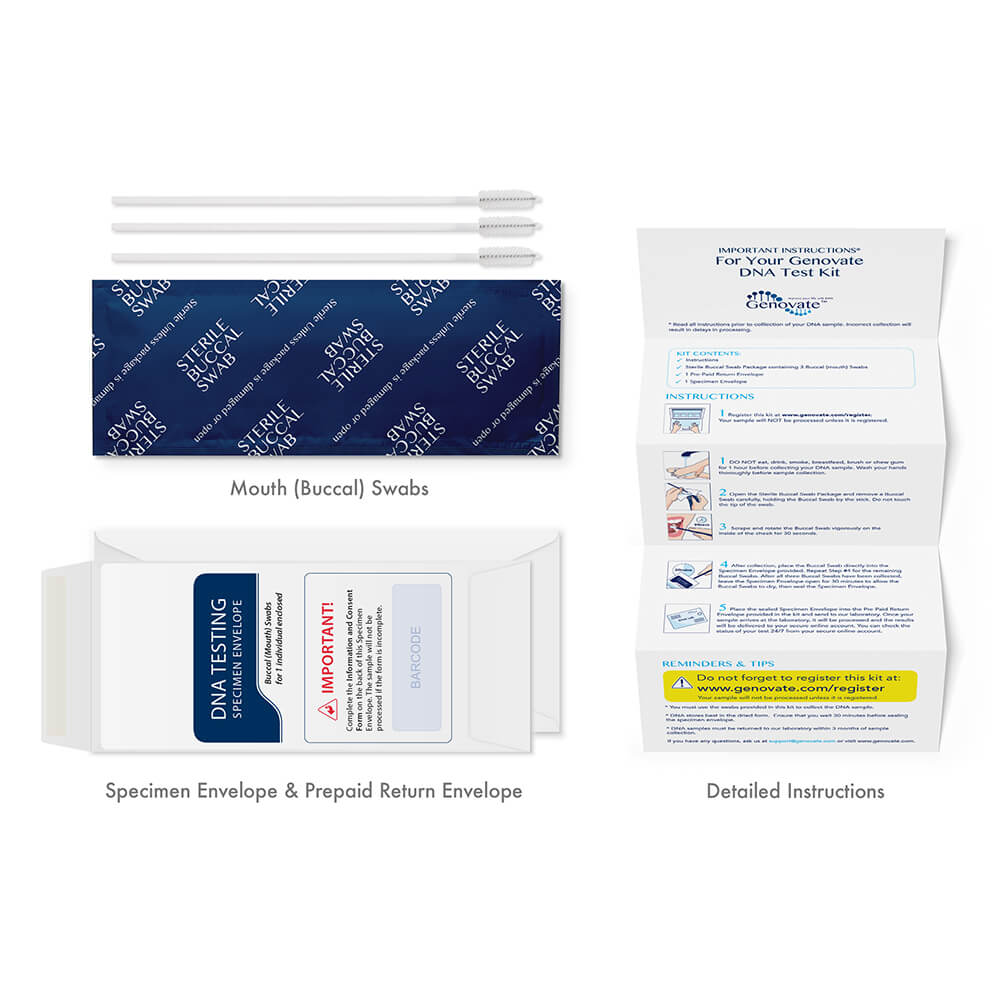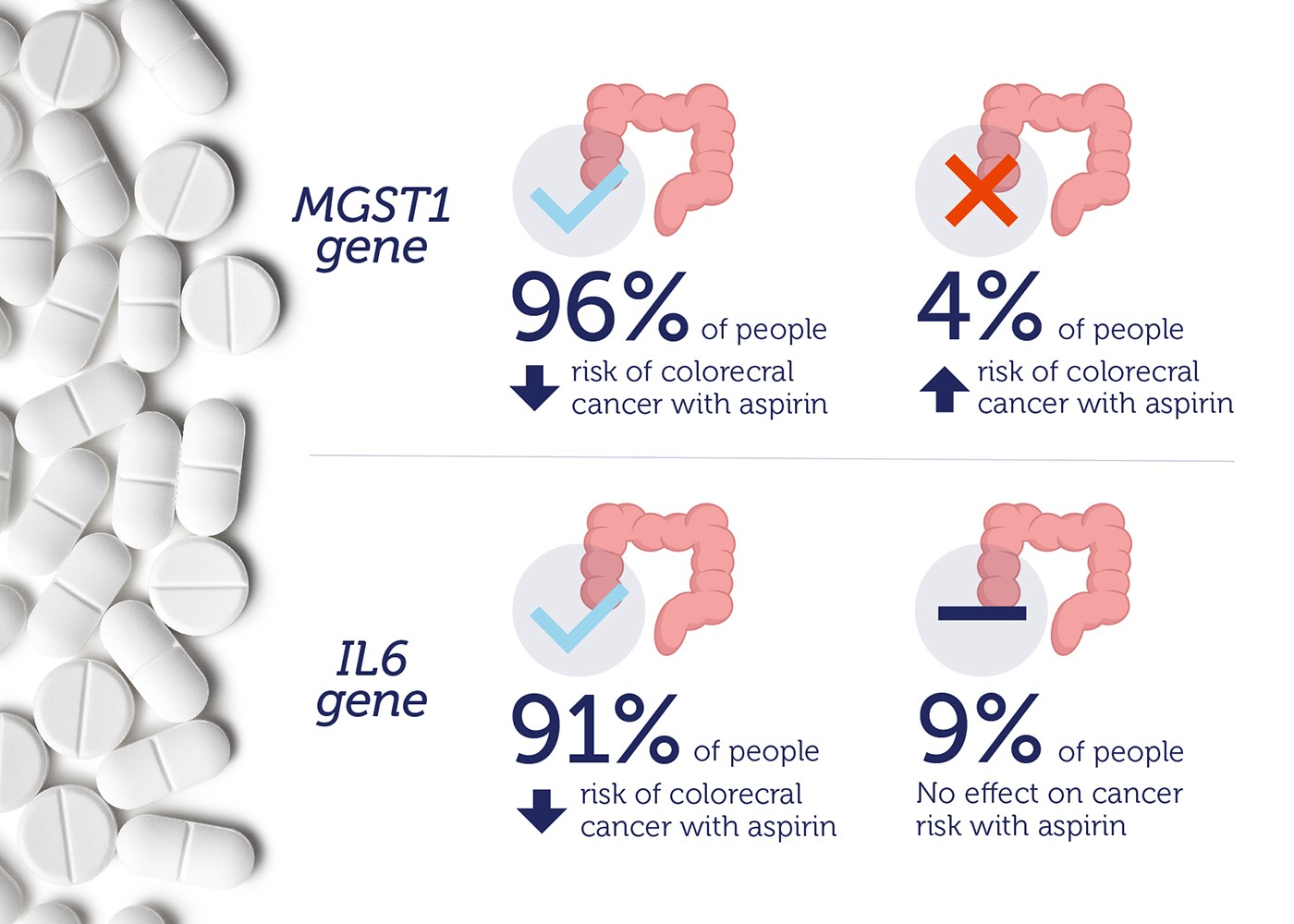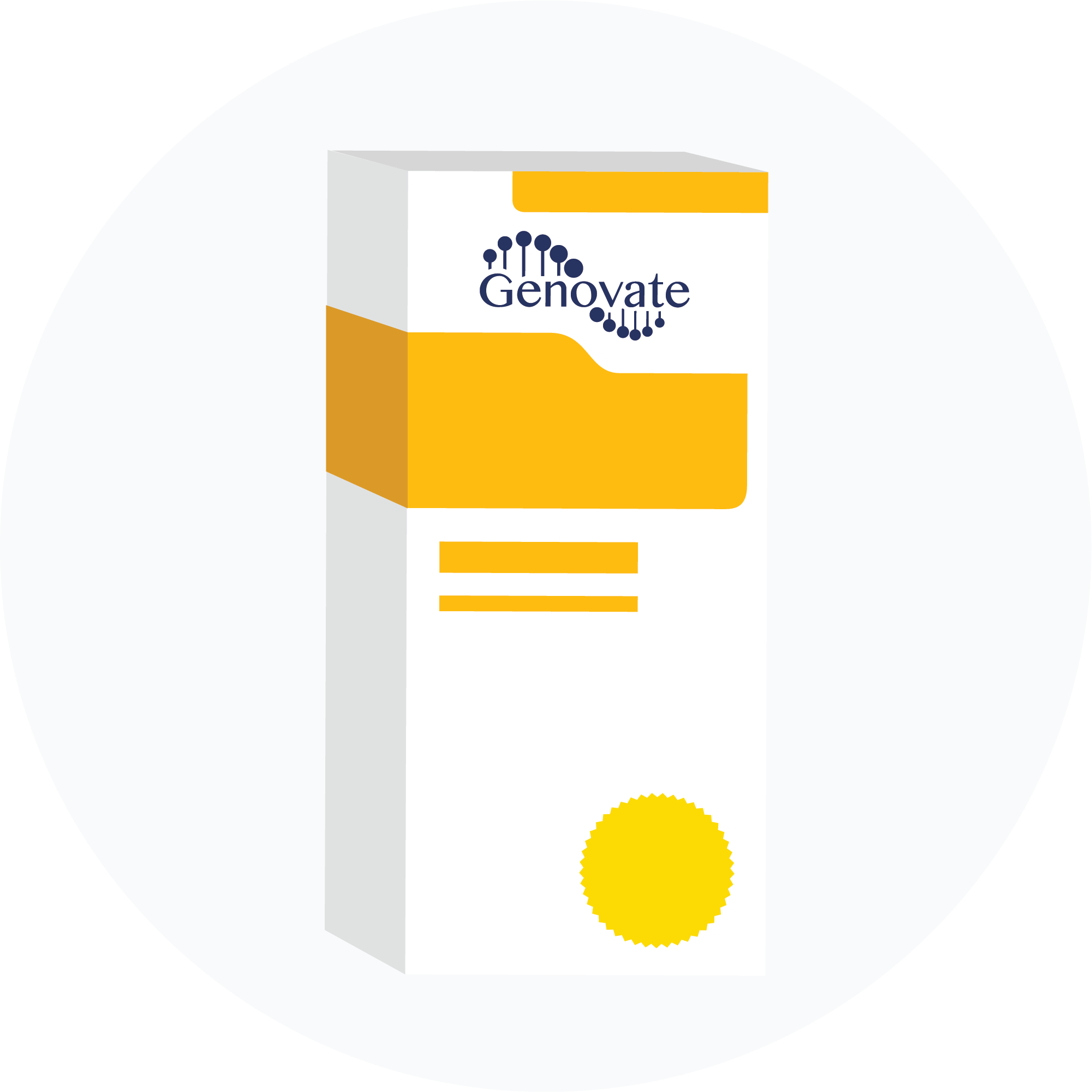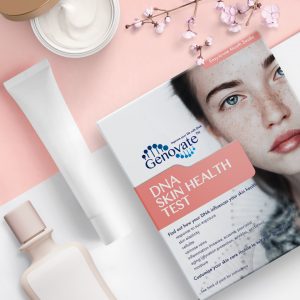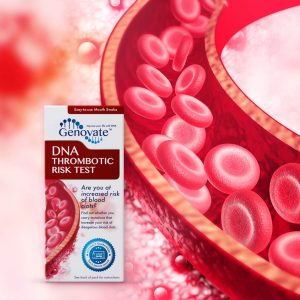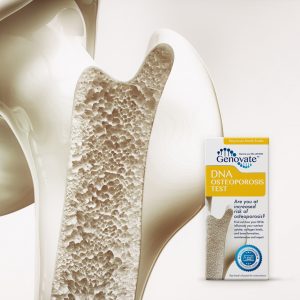Description
Detailed Description
Aspirin reduces inflammation and inhibits blood clots by blocking the action of an enzyme called cyclooxygenase. Aspirin is widely recommended for at-risk individuals to help prevent heart attacks.
Several studies have also identified an association between aspirin use and a reduced risk of developing colorectal cancer.
BUT, not everyone receives the same benefit from aspirin use. Some people inherit genetic variants that actually increase their risk of colorectal cancer if they take aspirin regularly.
Take this DNA test to see whether aspirin is the best preventative method for you.
The Genetics
A recent study has shown that two genetic variants can influence the link between aspirin and colorectal cancer risk. The most common nucleotides at rs2965667 near the MGST1 gene, and rs16973225 near the IL16 gene are associated with a decreased risk of colorectal cancer if aspirin is used regularly.
But, people who inherit the rare “wrong” alleles don’t receive colorectal cancer-related benefits from aspirin use:
- Rare nucleotide at marker rs2965667 (4% of the population) = INCREASED risk of colorectal cancer with regular aspirin use
- Rare nucleotide at marker rs16973225 (9% of the population) = no change in colorectal cancer risk with regular aspirin use
Discover More
Potential side effects of aspirin:
- Gastrointestinal bleeding and ulcers
- Ringing of the inner ear
- Dizziness
- Nausea
- Abdominal pain
- Headaches
- Muscle cramps
INCREASED risk of colorectal cancer if you have inherited the “wrong” genes
How it Works
STEP 1.ORDER YOUR KIT: Purchase your kit online.
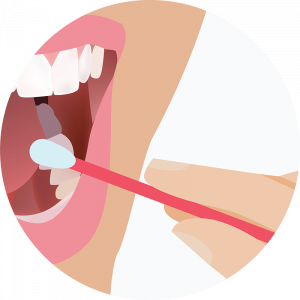
STEP 2. COLLECT & SEND
Quick and painless DNA sample collection in the comfort of your own home. Mail your sample back to our lab for testing.
STEP3. VIEW RESULTS
Receive your results by mail or email, or view online.
Recommended Links:
Nan et al. (2015). Association of Aspirin and NSAID Use With Risk of Colorectal Cancer According to Genetic Variants. JAMA. 313(11): 1133-1142.


